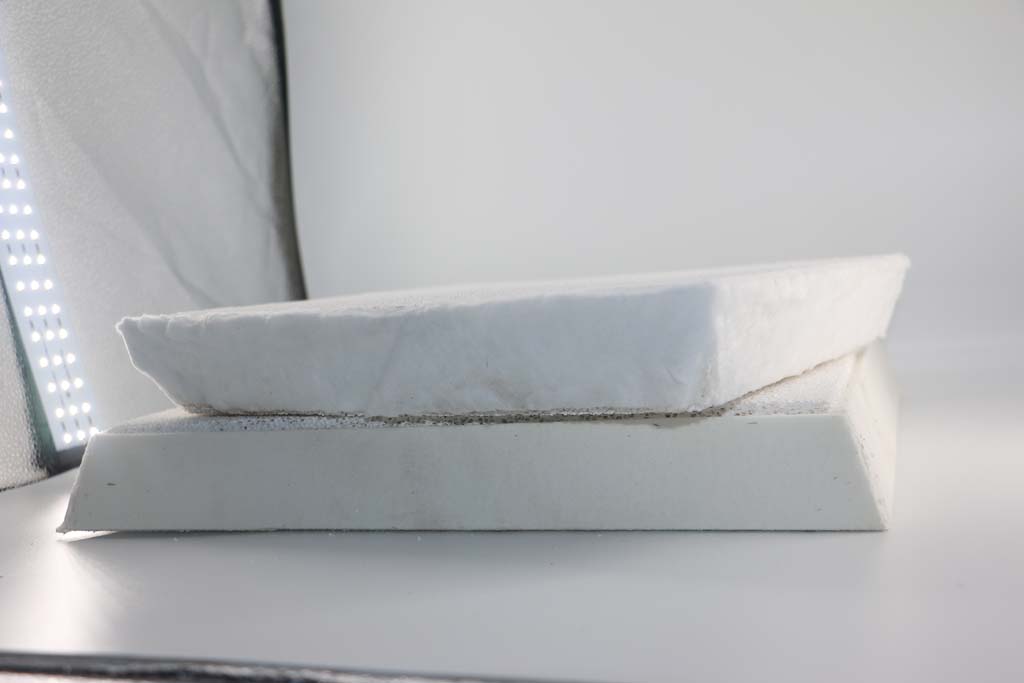
27 10月 Molten Aluminum Filter Kamensk Aluminium
Molten Aluminum Filter Kamensk Aluminium is made on the basis of a carrier with a rigid network structure and combined pores of organic foam.
The production process is as follows: the carrier is placed in the thixotropic alumina slurry, the automatic extrusion process is adopted, and the center square is corrected to make the slurry evenly settle in the carrier foam skeleton.
After the carrier is dried and hardened, the final product is made by frying at a high temperature of 1180°C.
The filter is installed in the filter housing to filter out the impurities in the molten aluminum alloy, which helps to meet the requirements of high value-added, high-tech precision aluminum alloy castings.
For example, computer hard drives, PS bases for printing, canned materials, turbojet fan blades, etc.
Advantages of Molten Aluminum Filter Kamensk Aluminium
Ceramic Foam Filters adopt the principle of adsorption, which can effectively remove large inclusions in molten aluminum and effectively adsorb small inclusions.
No debris falls off, effectively reducing the pollution of molten aluminum.
Excellent thermal shock resistance, improve the corrosion resistance of molten metal.
Automatic flow production, 3 calibration procedures, accurate size, close to the filter housing.
Improve the appearance and performance of the surface, and clean the aluminum liquid.
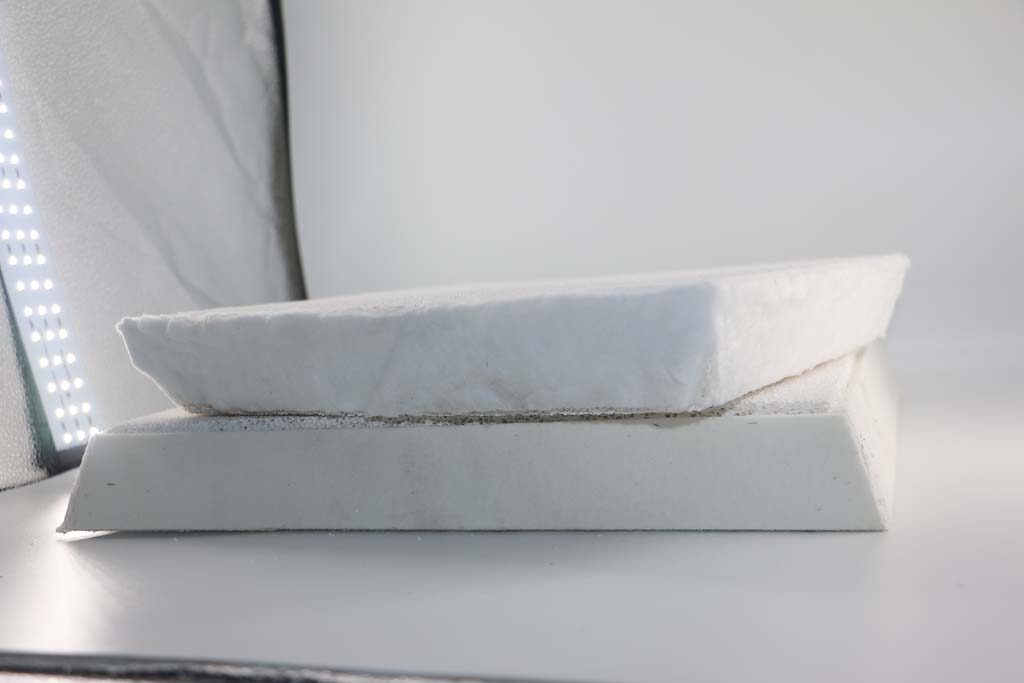
RUSAL recently stated that it may restrict aluminum exports after the Russian government starts to impose export taxes and fees next month.
Roman Andryushin, the company’s head of domestic and Chinese market sales, said that the company exports about 3 million tons of aluminum each year. This year’s exports may be reduced by hundreds of thousands of tons, because the taxation will make some exports unprofitable.
Russia announced in June that it would impose at least 15% taxes on exports of steel, nickel, aluminum and copper (tax rates vary) from August 1 to curb the surge in commodity prices and boost treasury assets. The Russian government stated that the taxation that lasts until the end of the year will be temporary, and that more sustainable measures will be sought afterwards.
Andryushin believes that the taxation is unfair, because the company will invest billions of dollars to modernize the smelter, and the tax will not significantly reduce local prices, because aluminum accounts for the cost of the Russian construction industry (including state-owned projects) The ratio is relatively small. He also pointed out that Rusal supplies high value-added products to the Russian domestic market and has signed long-term sales contracts.
It is reported that Rusal is unlikely to pass on tax costs to customers, partly because it cannot include these taxes in most long-term agreements. Andryushin said: “If we do this, the market may not buy it, and we will not pay for it. ”
Andryushin said that the tax may mean that Rusal is considering suspending some unprofitable production, and the start of the new Taishet project may be slower than previously expected.
In addition, Rusal expects that aluminum demand will continue to be strong and prices may rise, but may not reach the historical high of more than 3,300 US dollars per ton. The company expects that domestic aluminum sales in Russia will jump 20% this year to 1.2 million tons. Due to economic recovery, major aluminum powers’ measures to restrict supply, and the prospect of increased demand in the electric vehicle and new energy industries, aluminum prices have risen by about 23% this year.
Русский перевод
РУСАЛ недавно заявил, что может ограничить экспорт алюминия после того, как правительство России начнет вводить экспортные пошлины и сборы в следующем месяце.
Роман Андрюшин, руководитель отдела продаж компании на внутреннем и китайском рынках, сказал, что компания экспортирует около 3 млн тонн алюминия в год. В этом году экспорт может сократиться на сотни тысяч тонн, поскольку налогообложение сделает часть экспорта невыгодной.
В июне Россия объявила, что с 1 августа введет как минимум 15% налогов на экспорт стали, никеля, алюминия и меди (ставки налога варьируются), чтобы сдержать рост цен на сырье и увеличить активы казначейства. Правительство России заявило, что налогообложение, которое продлится до конца года, будет временным, и что впоследствии будут приняты более устойчивые меры.
Андрюшин считает, что налогообложение несправедливо, потому что компания инвестирует миллиарды долларов в модернизацию завода, а налог не приведет к значительному снижению местных цен, потому что алюминий составляет стоимость российской строительной отрасли (включая государственные проекты). Соотношение относительно невелико. Он также отметил, что ?Русал? поставляет на внутренний рынок России продукцию с высокой добавленной стобавленной стобавленной стоимостью полчулордлордолкраднкордитыпордыполыпорды полы порды порды полы полы полы полы пордлы полы пордлы полы пордлы пордилы
Сообщается, что Русал вряд ли перекладывает налоговые расходы на клиентов, отчасти потому, что он не может включать эти налоги в большинство долгосрочных соглашений Андрюшин сказал:. ?Если мы это сделаем, рынок может не купить его, и мы не будем платить за него? . это. ”
Андрюшин сказал, что налог может означать, что Русал рассматривает возможность приостановки некоторой убыточной добычи, и начало нового проекта Тайшета может быть медленнее, чем ожидалось ранее.
Кроме того, Русал ожидает, что спрос на алюминий будет по-прежнему высоким, а цены могут вырасти, но, возможно, не достигнут исторического максимума более 3300 долларов США за тонну. Компания ожидает, что продажи алюминия на внутреннем рынке в России вырастут на 20 % в этом году до 1,2 млн тонн. в связи с восстановлением экономики, мерами крупных алюминиевых держав по ограничению предложения, а также перспективой увеличения спроса на электромобили и новые отрасли энергетики, цены на алюминий в этом году выросли примерно на 23%.



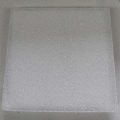
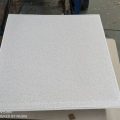

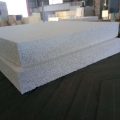
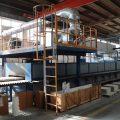
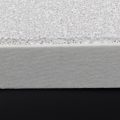

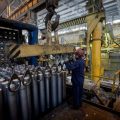

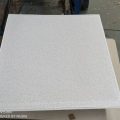
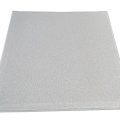
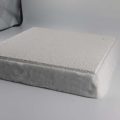
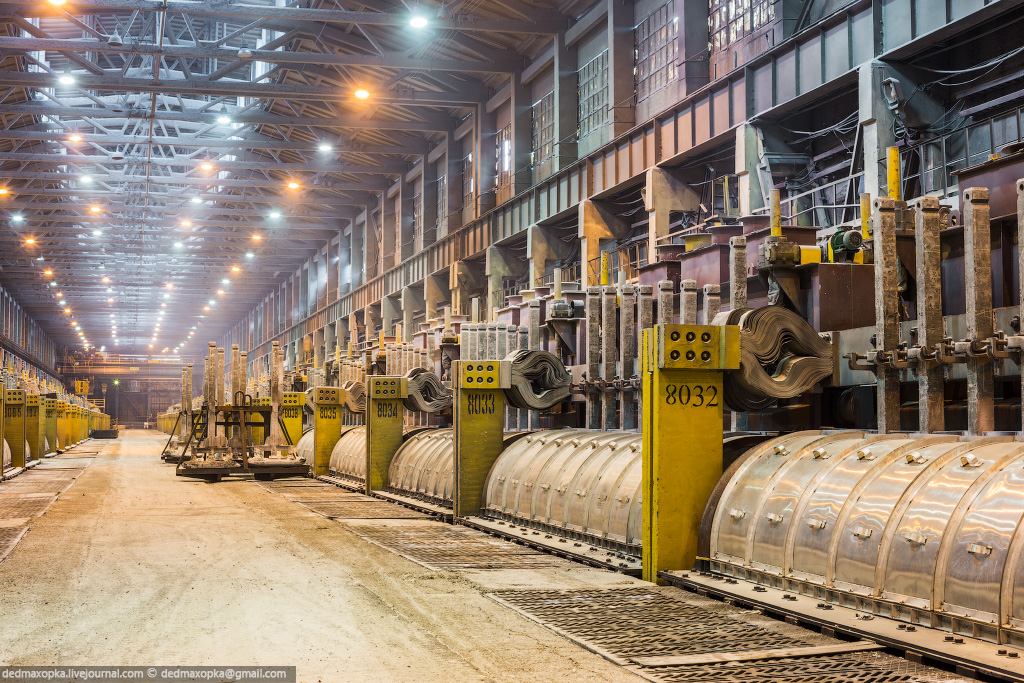
No Comments